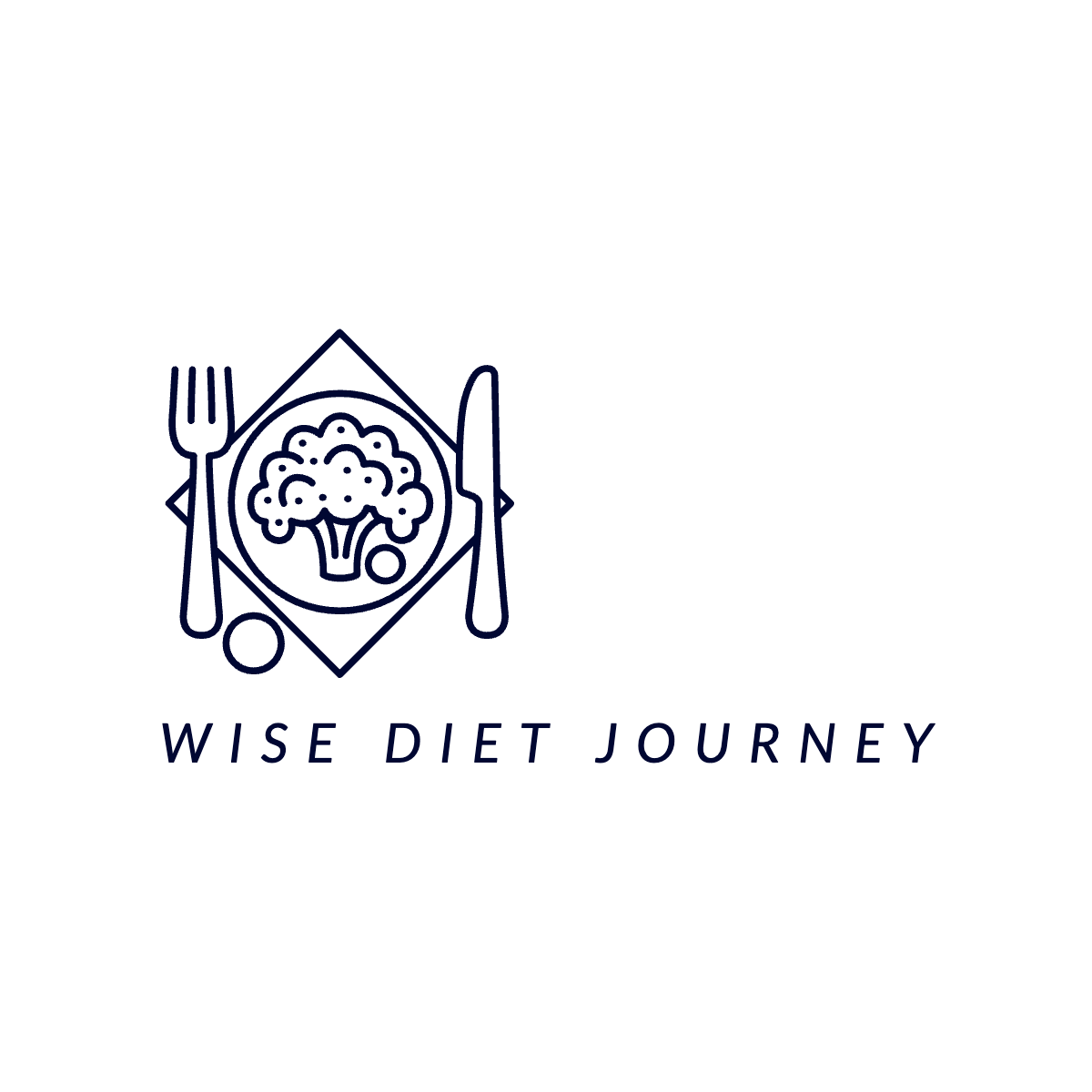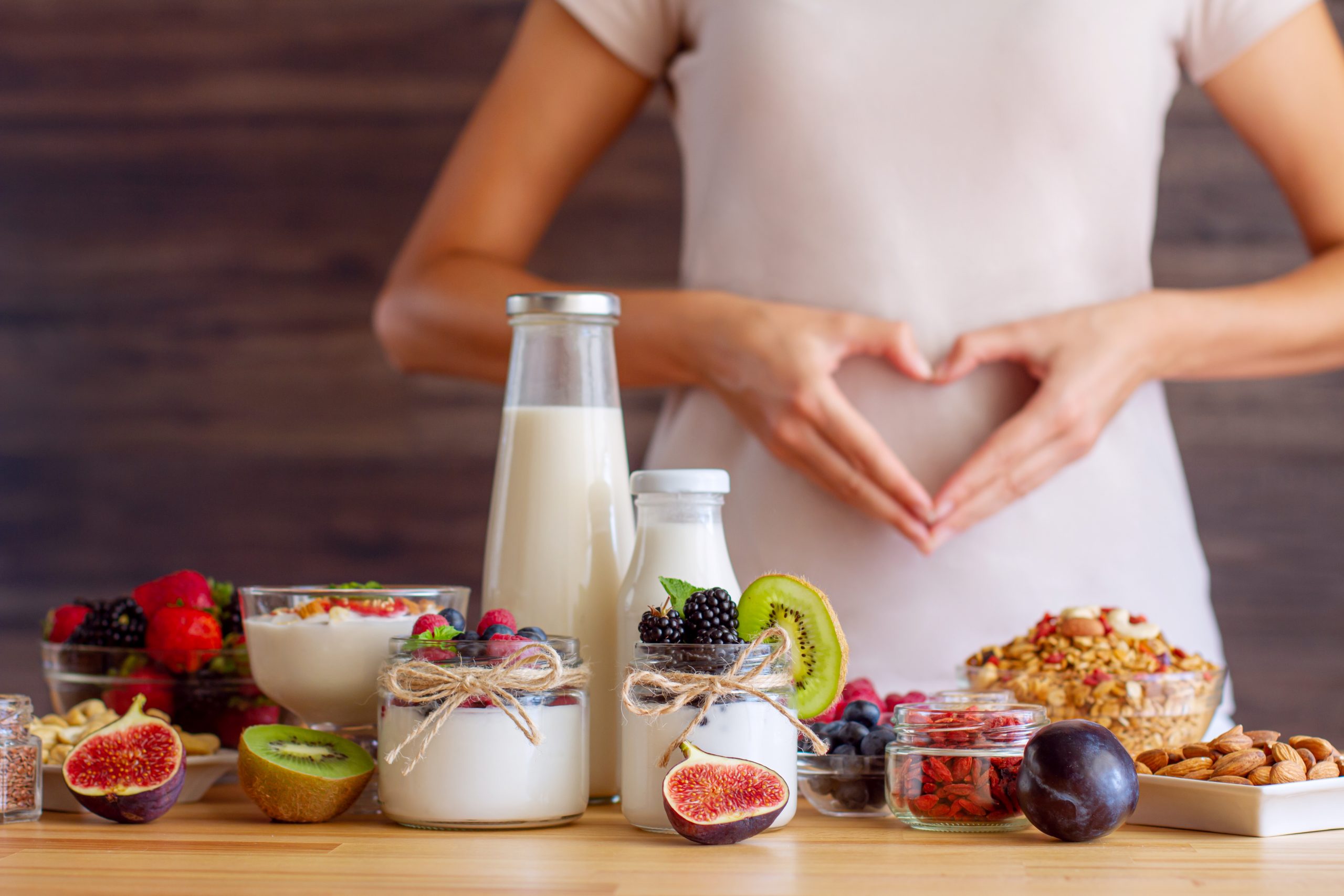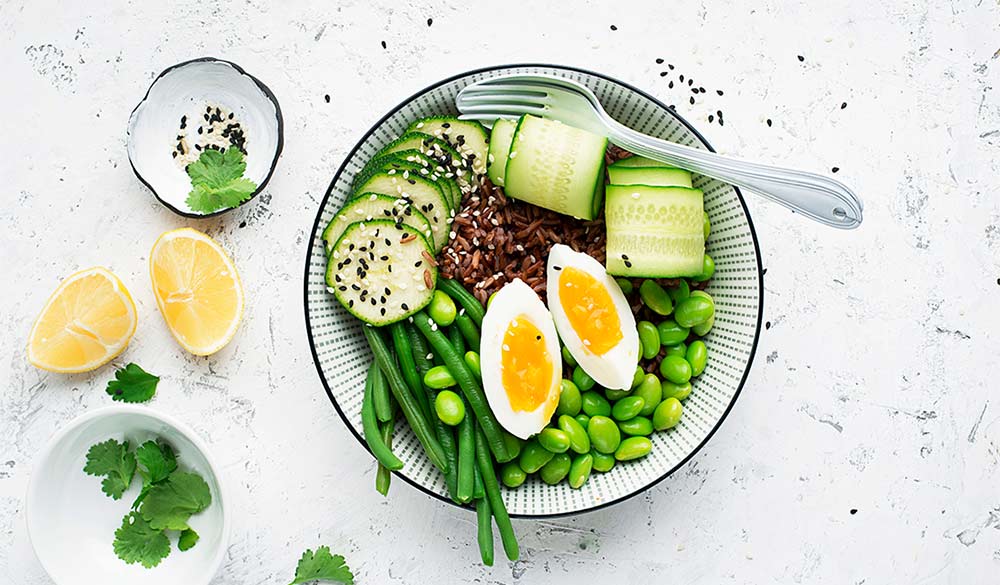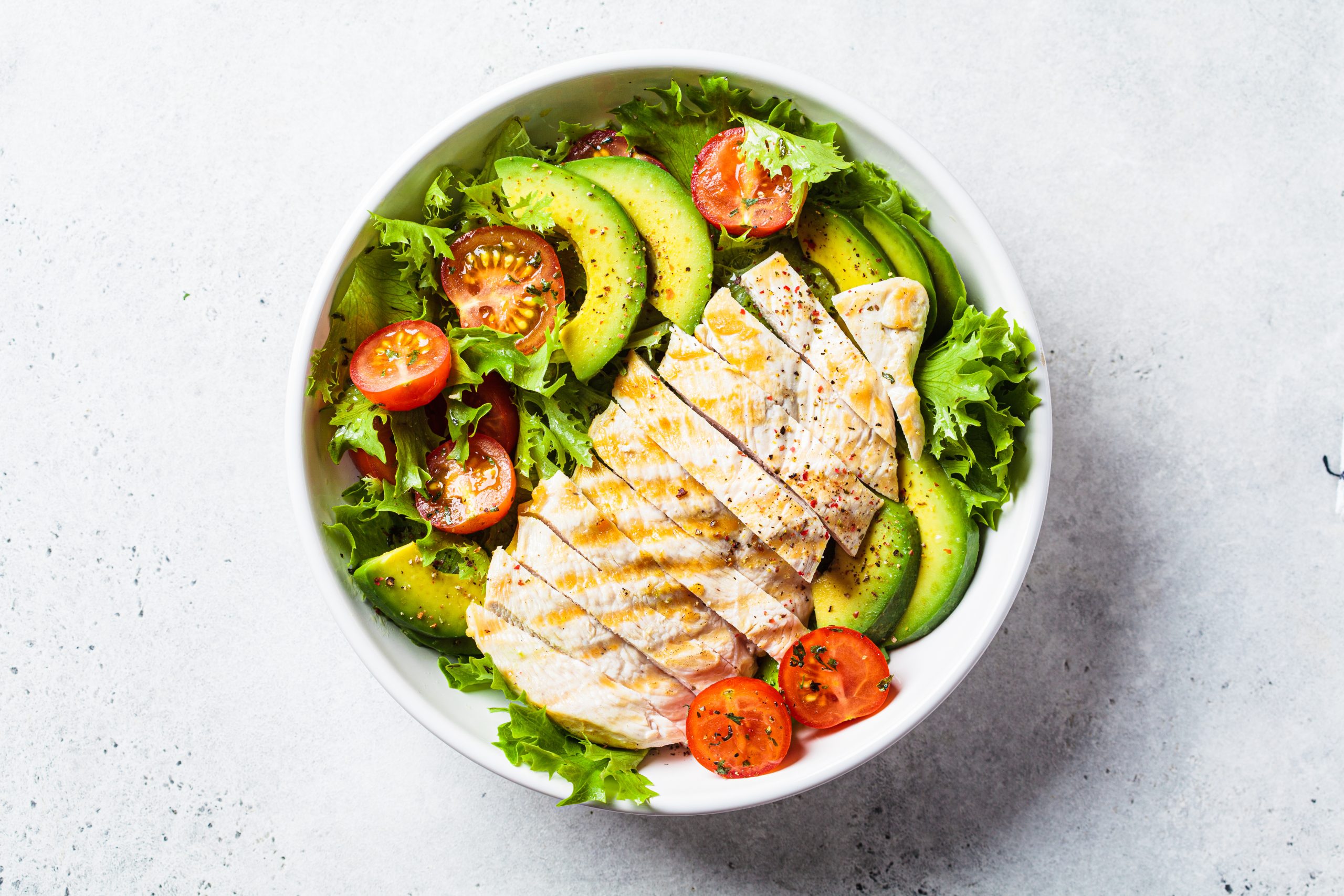Your cart is currently empty!
Organic Food: Worth the Hype?

The organic food market has grown significantly in recent years, with consumers increasingly drawn to its promise of health, sustainability, and ethical production. But is organic food truly worth the extra cost? Let’s examine the pros and cons of choosing organic.
The Appeal of Organic
One of the primary reasons people choose organic food is to reduce their exposure to pesticides and herbicides. Conventional modern farming practices often rely heavily on these chemical substances, which can potentially harm human health and the environment. On the other hand, organic farming prioritises natural methods of pest and weed control, such as crop rotation and biological pest control.
Another perceived benefit of organic food is its higher nutrient content. While some studies suggest that organic produce may contain higher levels of certain vitamins and antioxidants, the differences are often marginal. The nutrient content of food is influenced by various factors, including soil quality, climate, and growing conditions.
Organic farming practices also promote environmental sustainability. By avoiding synthetic fertilisers and pesticides, organic farmers help to protect soil health, reduce water pollution, and conserve biodiversity.
Furthermore, organic meat production prioritises animal welfare. Organic livestock are raised in more humane conditions, with access to outdoor grazing and organic feed. They are not given antibiotics or hormones for growth, reducing concerns about antibiotic resistance and potential hormonal disruptions. This can result in meat with a higher nutritional profile, potentially containing higher levels of beneficial omega-3 fatty acids and lower levels of saturated fats. One of the main drawbacks of organic food is its higher cost. Organic farming is often more labour-intensive and less efficient than conventional farming, which can push up prices. Additionally, organic food may be less readily available, especially in certain regions.
Making Informed Choices
When deciding whether to choose organic, consider the following factors:
- Prioritise Nutrient-Dense Foods: Focus on consuming a variety of nutrient-dense foods, such as fruits, vegetables, whole grains, and lean protein sources.
- Consider Your Budget: If you have a limited budget, prioritise organic produce that is most likely to be contaminated with pesticides, such as strawberries, spinach, and apples.
- Support Local Farmers: Buying from local traders, farm shops, and farmers’ markets can help you access fresh, organic produce and support your local community.
- Wash Produce Thoroughly: Whether your produce is organic or conventionally grown, it’s important to wash it thoroughly to remove any dirt or pesticide residue.
Ultimately, the decision to choose organic is a personal one. While organic food offers potential benefits, it’s essential to weigh the costs and benefits and make informed choices. By combining a balanced diet with a focus on whole, unprocessed foods, you can nourish your body and support sustainable agriculture.





